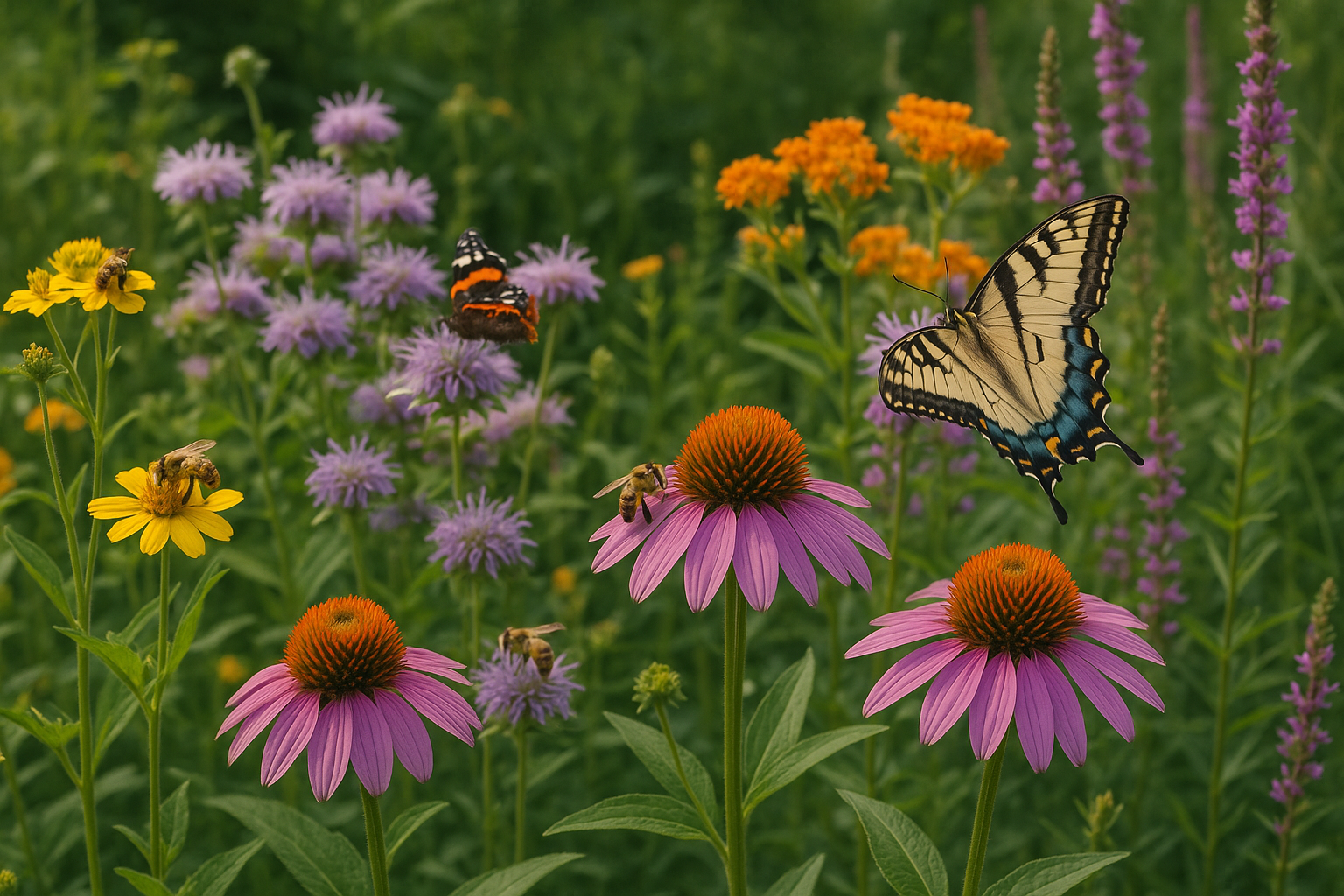Create Stunning Spaces With Ecological Garden Design Magic
Creating a stunning and sustainable garden space not only enhances your home's aesthetic appeal but also contributes positively to the environment, and as you explore these options, you'll discover how ecological garden design can transform your outdoor areas into lush, green sanctuaries.

Understanding Ecological Garden Design
Ecological garden design is an innovative approach that integrates natural systems into landscaping to create beautiful, sustainable, and low-maintenance gardens. By focusing on native plants, water conservation, and biodiversity, this method ensures that your garden thrives with minimal human intervention. The core principle is to work with nature rather than against it, making your garden a haven for local wildlife and a delight for the senses.
Benefits of Ecological Garden Design
One of the primary benefits of ecological garden design is its positive impact on the environment. By using native plants, you reduce the need for chemical fertilizers and pesticides, which can harm local ecosystems. Additionally, these plants are adapted to the local climate, meaning they require less water and maintenance. This not only saves you time and money but also conserves precious resources.
Moreover, an ecological garden can increase biodiversity in your area. By providing habitats for birds, bees, and other pollinators, your garden becomes a crucial part of the local ecosystem. This biodiversity boosts plant health and resilience, ensuring your garden remains vibrant and healthy year-round.
Economic and Aesthetic Advantages
From an economic perspective, ecological gardens can be cost-effective in the long run. While the initial setup might require an investment, the reduced need for water, fertilizers, and maintenance translates into significant savings over time. Furthermore, by choosing to browse options for eco-friendly landscaping services, you might find competitive rates and packages that suit your budget.
Aesthetically, these gardens offer a unique and natural beauty that changes with the seasons. By incorporating a variety of plants, textures, and colors, you can create a dynamic landscape that evolves throughout the year. This diversity not only enhances visual appeal but also provides a sensory experience that is both relaxing and invigorating.
Implementing Ecological Principles
To create an ecological garden, start by assessing your local environment and selecting native plants that will thrive in your climate. Consider incorporating rain gardens or bioswales to manage stormwater and reduce runoff. These features not only add beauty but also improve water quality by filtering pollutants.
Another important aspect is soil health. Healthy soil is the foundation of a thriving garden, and practices like composting and mulching can improve soil structure and fertility. By following these options, you can ensure your garden remains productive and sustainable.
Real-World Examples and Success Stories
Many homeowners and public spaces have successfully implemented ecological garden designs. For instance, the High Line in New York City is a famous example of urban ecological landscaping. This elevated park uses native plants to create a lush, green space in the heart of the city, attracting both locals and tourists1.
Similarly, private gardens across the country are embracing these principles. Homeowners are reporting increased property values and personal satisfaction from their sustainable garden projects. By following these options and learning from successful examples, you can create a stunning ecological garden that aligns with your personal and environmental goals.
Exploring Further Resources
As you consider transforming your outdoor space, numerous resources are available to guide you. From local gardening clubs to online platforms, you can find information and support tailored to your region's specific needs. Visiting websites dedicated to ecological gardening can provide you with inspiration and practical advice to start your project.
Embracing ecological garden design offers numerous benefits, from environmental sustainability to economic savings and enhanced beauty. By exploring these options and leveraging available resources, you can create a garden that is not only stunning but also a vital part of your local ecosystem.